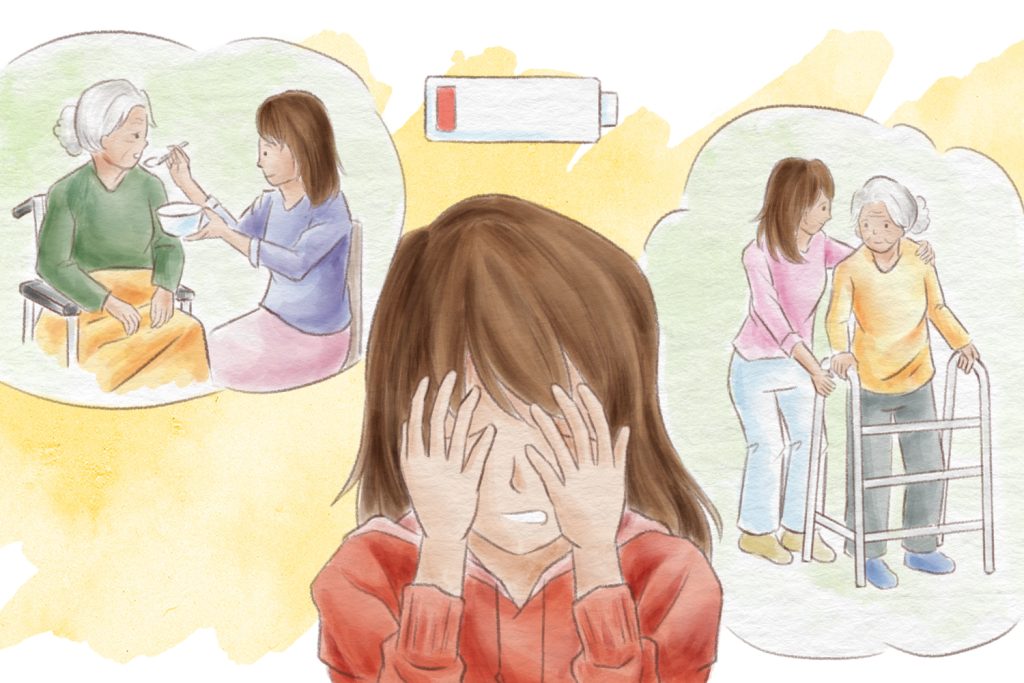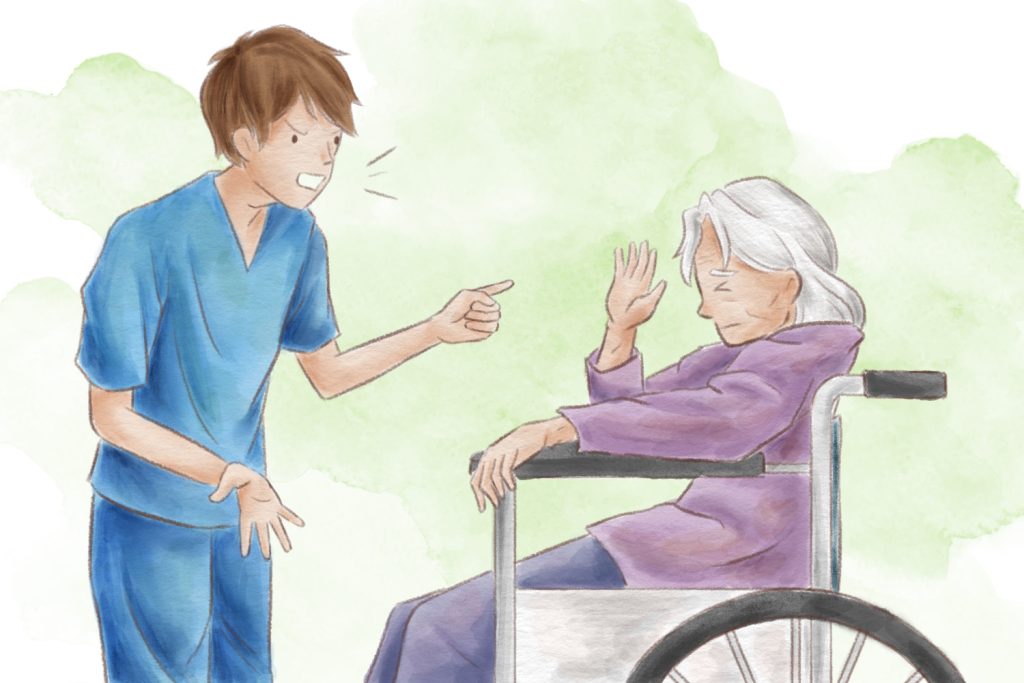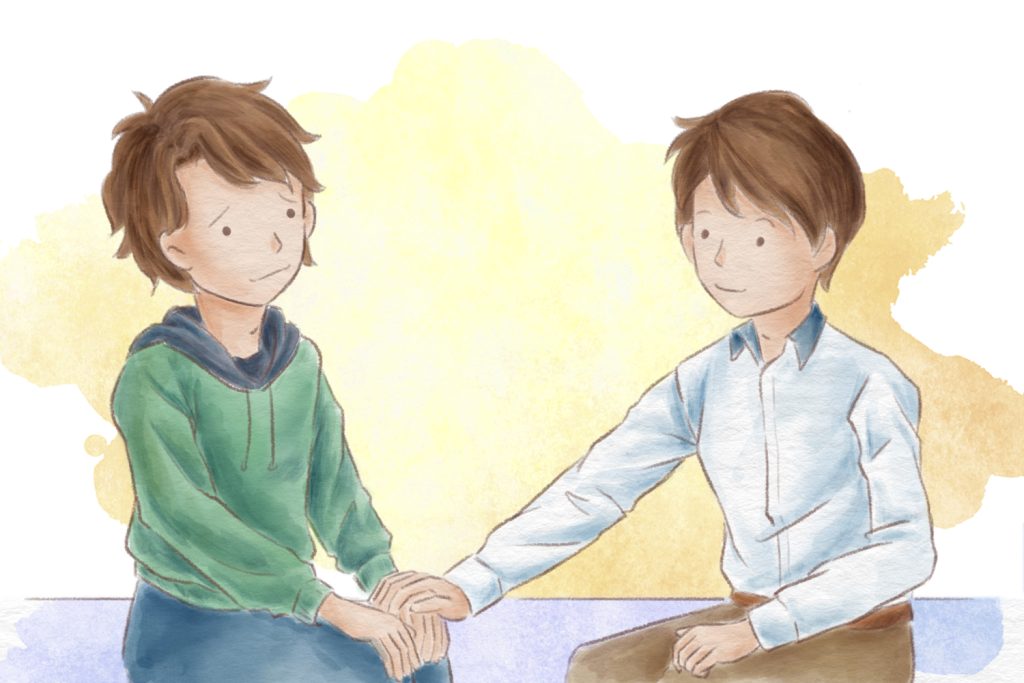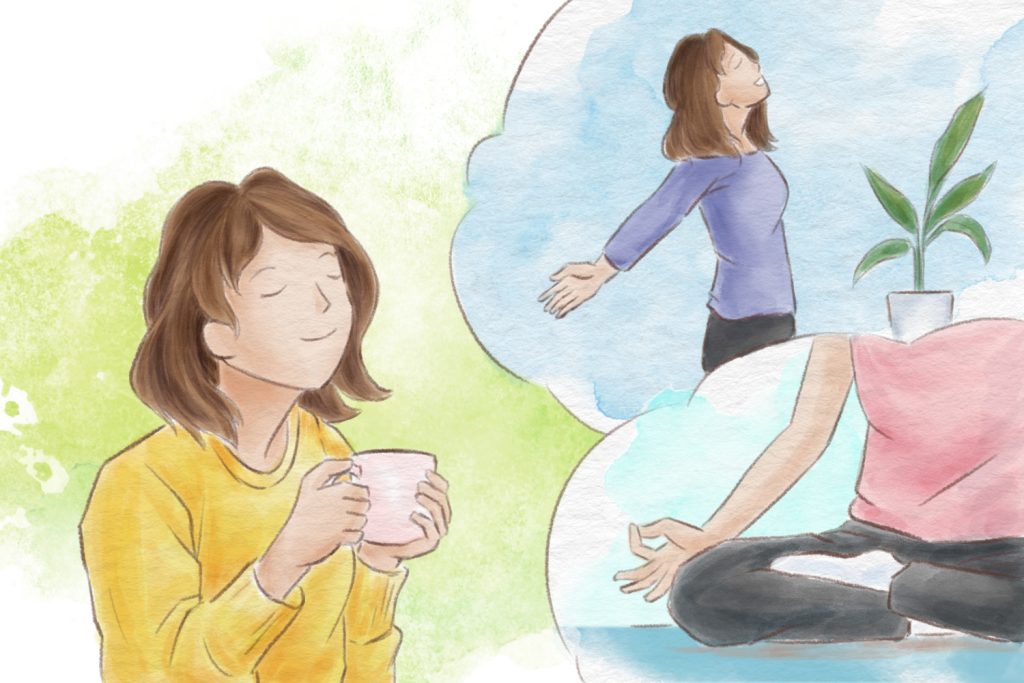WHAT ARE SOME CHALLENGES THAT CAN AFFECT THE MENTAL HEALTH OF CAREGIVERS FOR THE ELDERLY?
Burnout: Caregivers often face immense physical and emotional demands while providing care. The constant stress, long hours, and lack of respite can lead to burnout, resulting in exhaustion, feelings of helplessness, and a diminished ability to cope with challenges.
Neglect of own well-being: Caregivers may prioritize the well-being of their elderly clients over their own needs. Neglecting self-care can lead to increased stress, anxiety, and a decline in their own physical and mental health.
Using incorrect ways to care for elderly clients: Caregivers may inadvertently adopt unhealthy caregiving practices, like neglecting personal boundaries or overextending themselves. This can lead to feelings of frustration, resentment, and even strained relationships with their elderly clients.



WHAT ARE SOME WAYS THAT CAREGIVERS FOR THE ELDERLY CAN SAFEGUARD THEIR OWN MENTAL HEALTH?
Set boundaries: Establish clear boundaries between caregiving responsibilities and personal life. Learn to say no when necessary to avoid overwhelming oneself.
Educate oneself: Learn about the conditions and needs of the elderly individuals being cared for. Knowledge can reduce anxiety and increase confidence in caregiving.

Take regular breaks and practice self-care: Schedule time for personal activities, hobbies, or relaxation. Taking breaks allows caregivers to recharge and prevent burnout. Engage in activities that promote well-being, such as exercise, meditation, or spending time in nature.
Stay flexible: Be open to adapting caregiving approaches as the situation changes. Flexibility can reduce frustration and increase problem-solving abilities.

Monitor stress levels: Be aware of signs of stress and take action to manage it effectively. Regular exercise, deep breathing, or meditation can help alleviate stress.
Stay connected socially: Maintain social connections outside of caregiving. Interacting with others can provide perspective and reduce feelings of isolation. Connect with friends, family, or support groups to share experiences and emotions.


